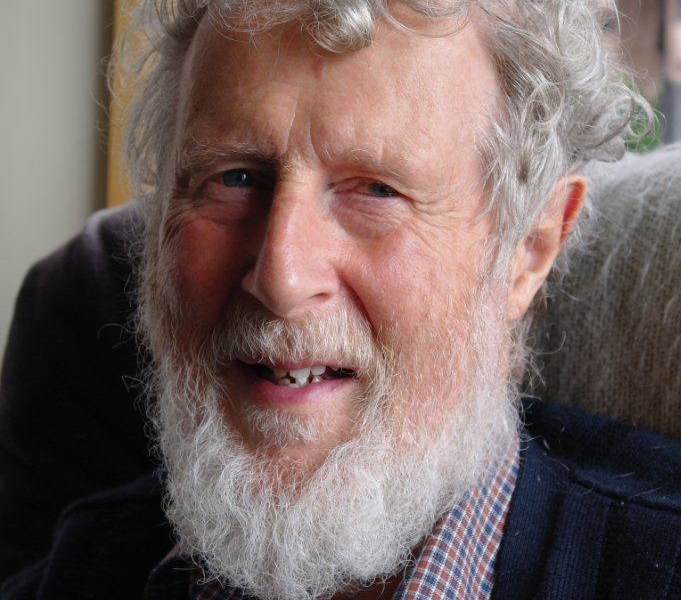James Robert Flynn is Professor Emeritus of Political Science at the University of Otago in New Zealand. He is well known for his research on intelligence, and Flynn Effect was named after him. In a short interview for Heretica, he talks about why his latest book caused controversy and why the Emerald Press refused to publish it.
Your latest book “In Defense of Free Speech: The University as Censor“ has started some controversies before it was even published. What do you think was the main reason for such strong reactions?
The main reason is the sensitivity about hearing anything that upsets people who have the power to censor. I am sure that many will feel that the book’s frank discussion of basic issues will upset some blacks, women, and various academic departments.The fact it was pulled shows how right it is to say that the current atmosphere strangles free speech.
Universities were always after truth more than political correctness/ social justice, but it seems that this has changed recently (indoctrination instead of education as you say). Do students, in your opinion, have the right not to be offended? And how do you tackle this issue as a lecturer – have you ever had some students complain about some of the things you said?
The book shows that university censorship goes far back into the 19th century. Anyone has the right to be offended. But, particularly at university, they have not got the right to use that as a criterion for what can be discussed. My university is one of the few that approximates a free speech university and I have had little trouble here. This contrasts with my losing two jobs early in my career because of my views: too friendly to blacks (in the American South) – and being a democratic socialist (in the North).
What do you think caused this paradigm shift from truth to social justice in universities?
The fact that the left took control off the universities (certain universities) from the right. Sadly neither really believes in free speech when they have the power to censor.
In your book you talk about some scientific fields being more under attack than others, especially your area of expertise, which is intelligence, while social and gender studies seem to get away with almost anything.
People in these latter two fields can get away with even less… They above all cannot call into question the departments party line.
How did it happen that in these days it is incorrect to say even the most banal things like – yes, some people are more intelligent than others, and it is because of that (among other things) that they have different socioeconomic outcomes in life?
Because we have entered an age of hyper- egalitarianism. We have gone from ‘everyone is worthy of moral concern’ (true) to ‘there are no group differences’ (false).
How do you think these issues should be dealt with in future? Is there hope for freedom of speech and thought?
Only with much better education – whether that will happen I do not know.



